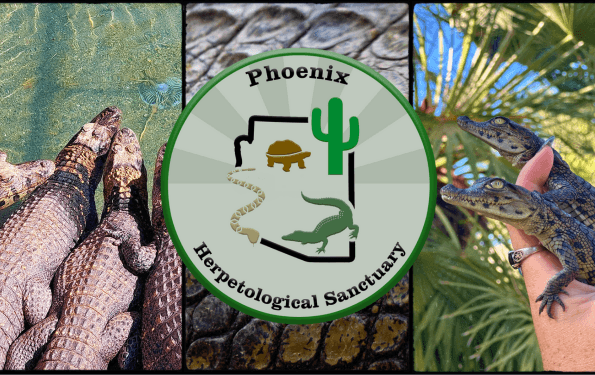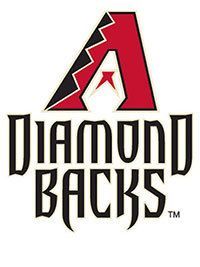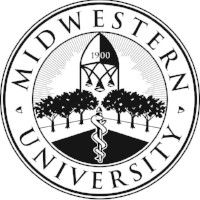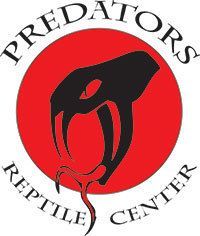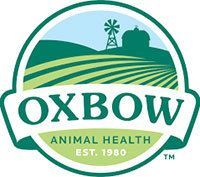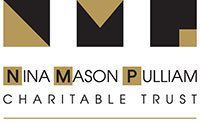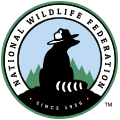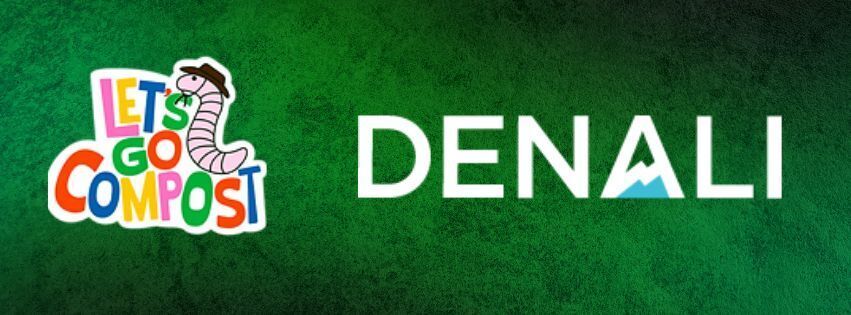
As the largest reptile sanctuary in the US, PHS deals with a lot of organic waste. This waste may come in the form of used bedding, inedible food, excretion, etc. Before PHS’s Sustainability journey all of this found its way into a commercial trash can before making its trip to the landfill. As a facility focused on conservation, we decided that it would be imperative to find more green solutions that aim to foster a more hospitable planet.
Composting is a phenomenal way of dealing with organic waste, its natures’ version of recycling. In nature nothing is left unutilized, and PHS is dedicated to attempting to imitate this process. Composting opens opportunities to reduce methane emissions from landfills and it recycles nutrients back into the environment.
In January 2024, Let's Go Compost began working with PHS to find a waste solution for their facility to handle inedible food donations, enclosure bedding, and manure. Beginning first with education, Let's Go Compost was able to provide workshops and materials connecting PHS’s conservation efforts to the impact a zero organic waste facility could have on the reptiles and animals they serve, both locally and globally. From books to compost tumblers to visual aids for facilities tours (showcasing PHS’s efforts to compost), PHS began our zero-waste journey with full steam ahead.
Let's Go Compost was able to partner us with WeCare Denali in May of 2024. WeCare Denali is a large scale composting facility that was generous enough to donate 12 rolling food waste bins to PHS and have sponsored pickups for the waste at our facility. All organic waste is now being composted from PHS' site at the WeCare Denali City of Phoenix Composting Facility. An estimated 3,187.2 pounds of organic waste is now being transported each week, translating to 165,734.4 pounds per year. Not only will discarded vegetation and bedding now be turned into nutrient-rich soil, but PHS is now reducing our greenhouse gas emissions (GHG) by 177.35 tons of CO2e annually (the same as removing 38 passenger vehicles from the road with a water footprint of 3.41 million gallons, equivalent to 5 Olympic swimming pools) - all working to empower our conservation efforts even further.
Moving forward PHS is excited about continuing to increase our sustainability! Our next projects to start will be in the energy sector. We are hoping to switch out all of the fluorescent bulbs in the buildings to LED’s to reduce our energy demand and in the future we would love to switch to solar energy for the property!

